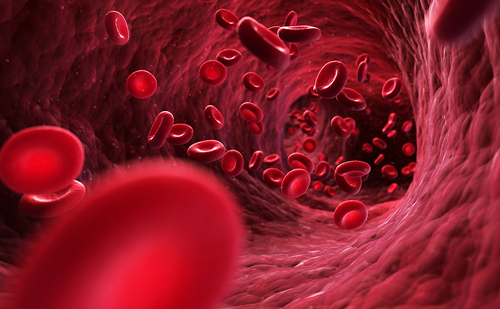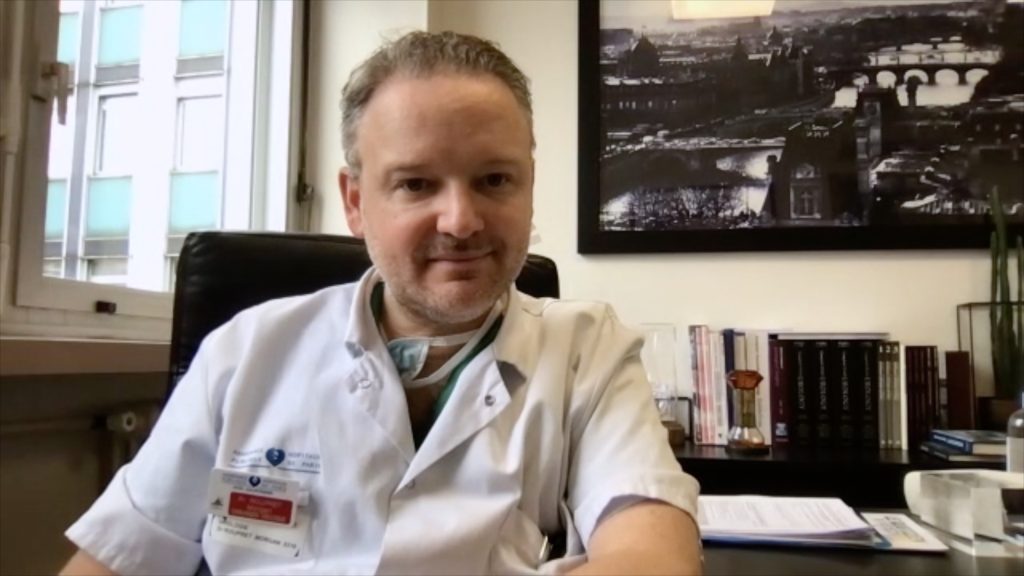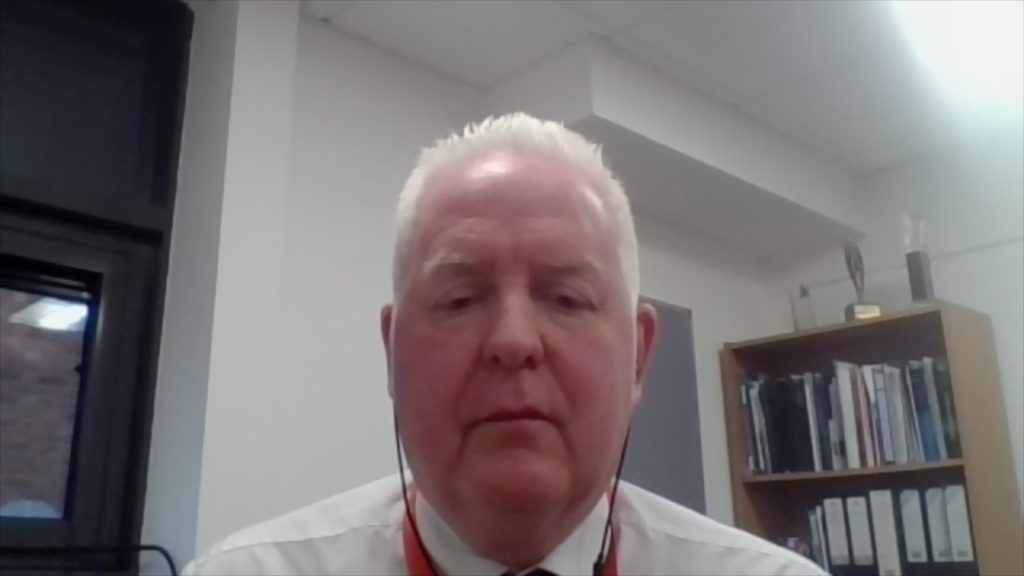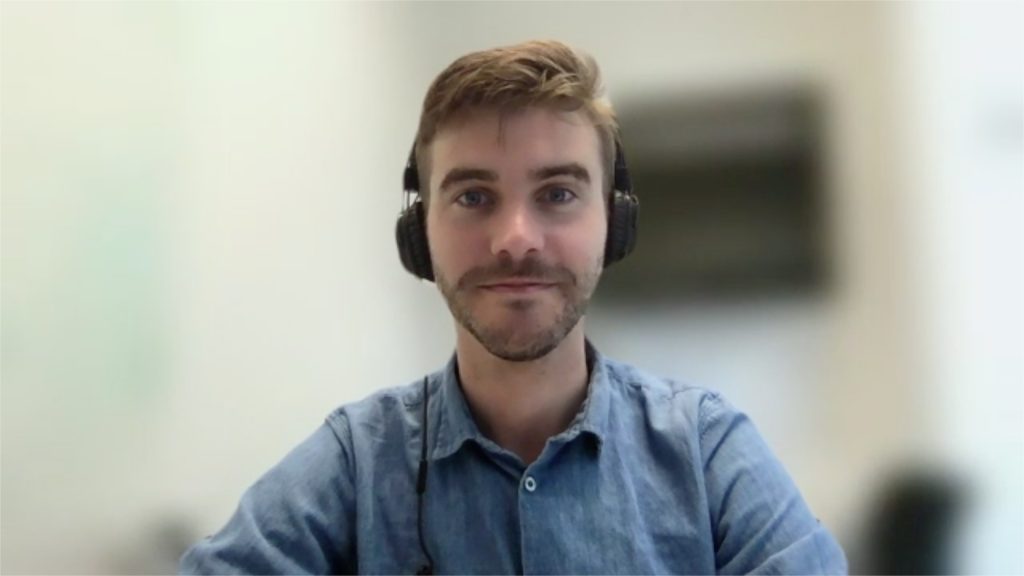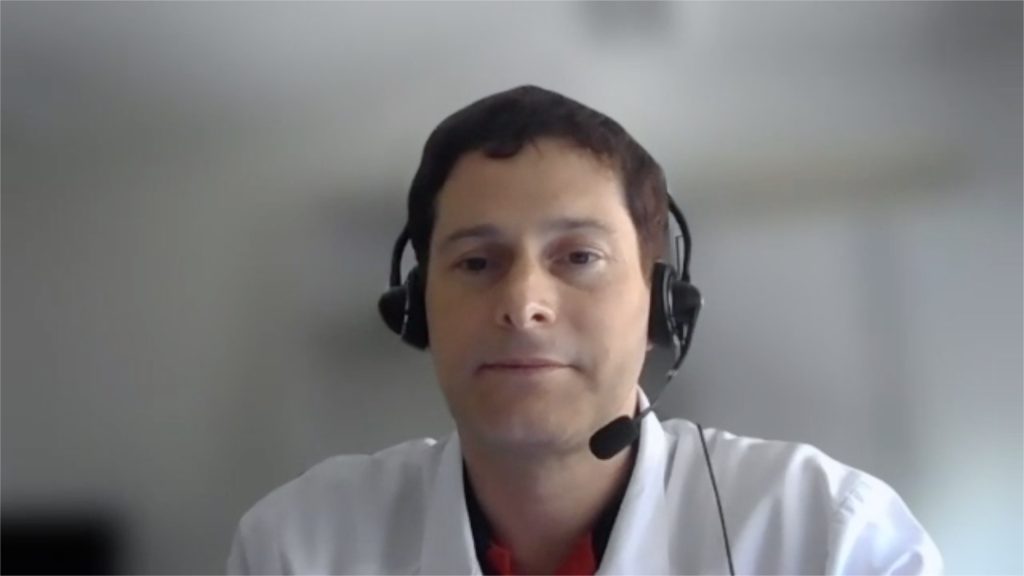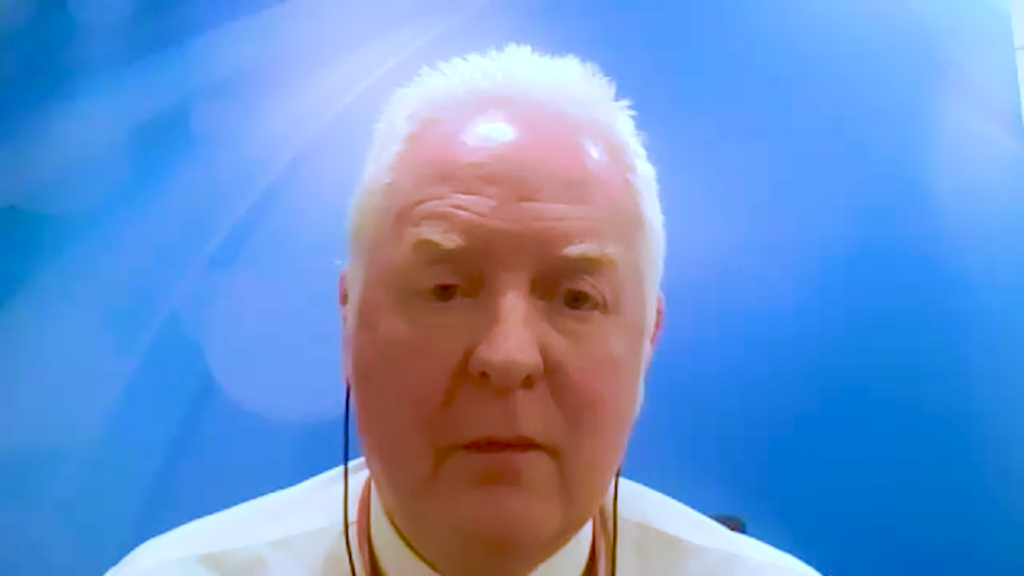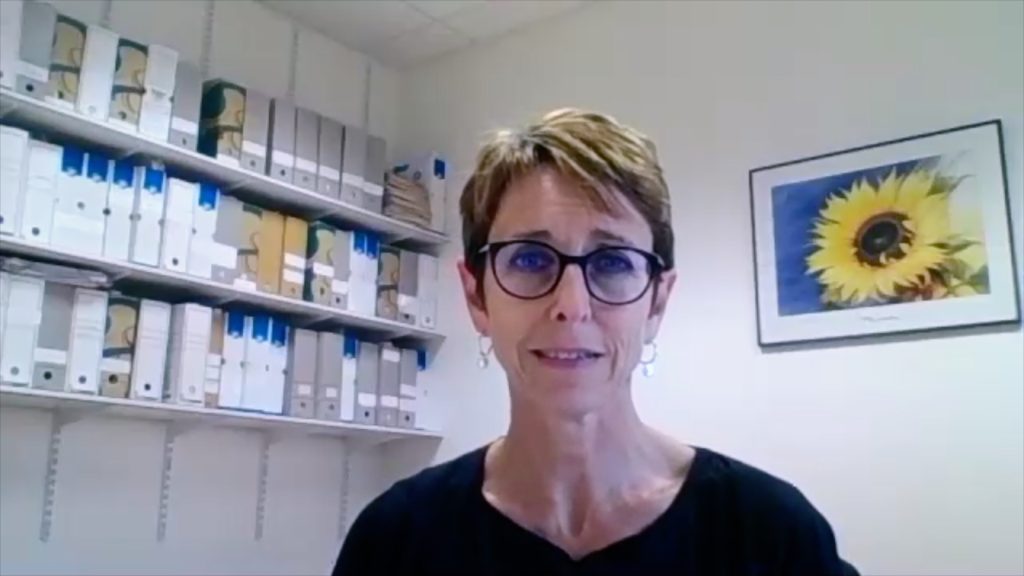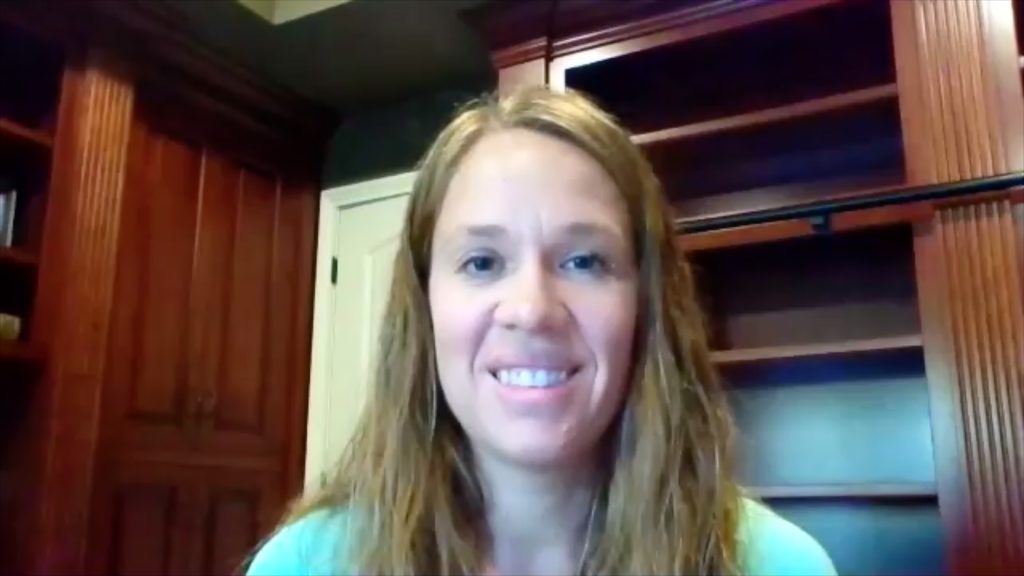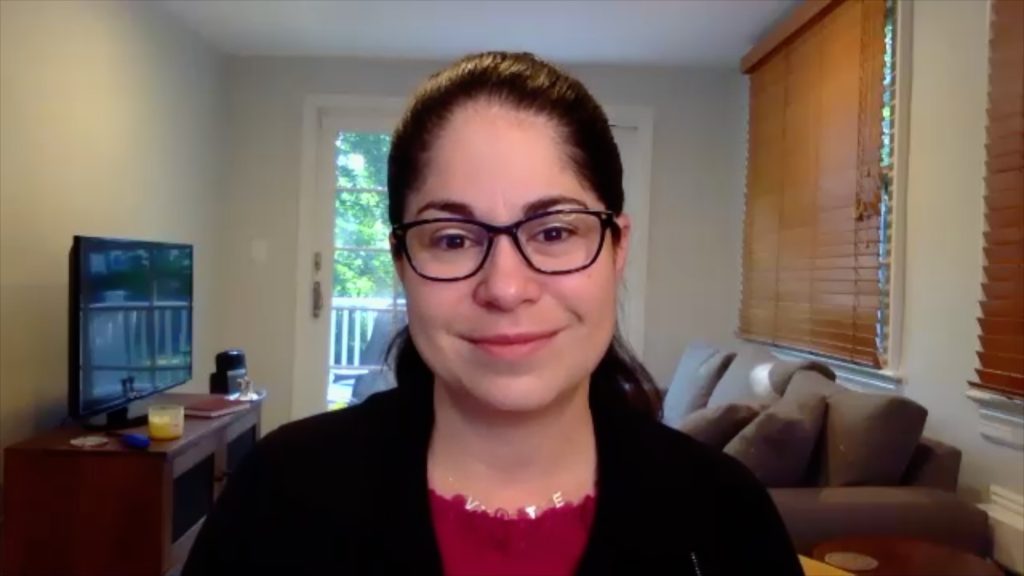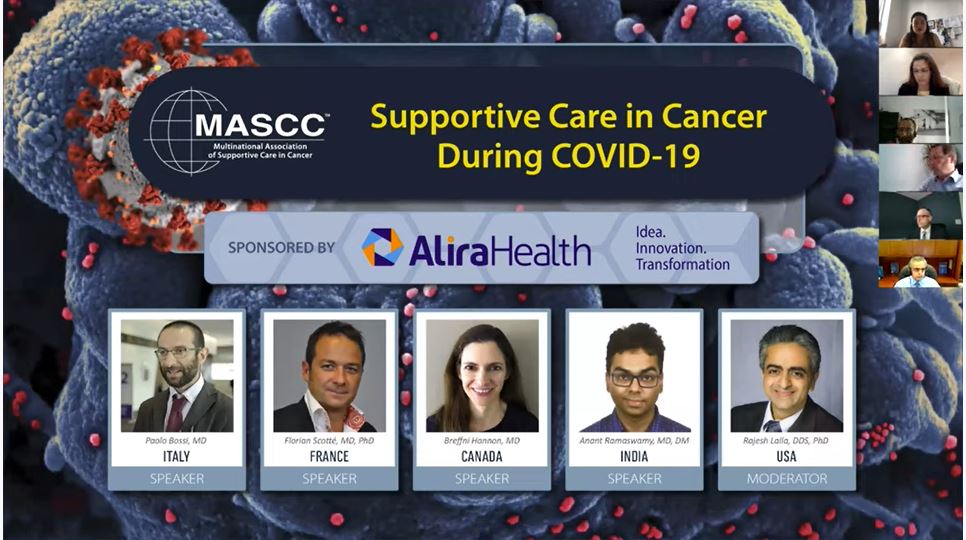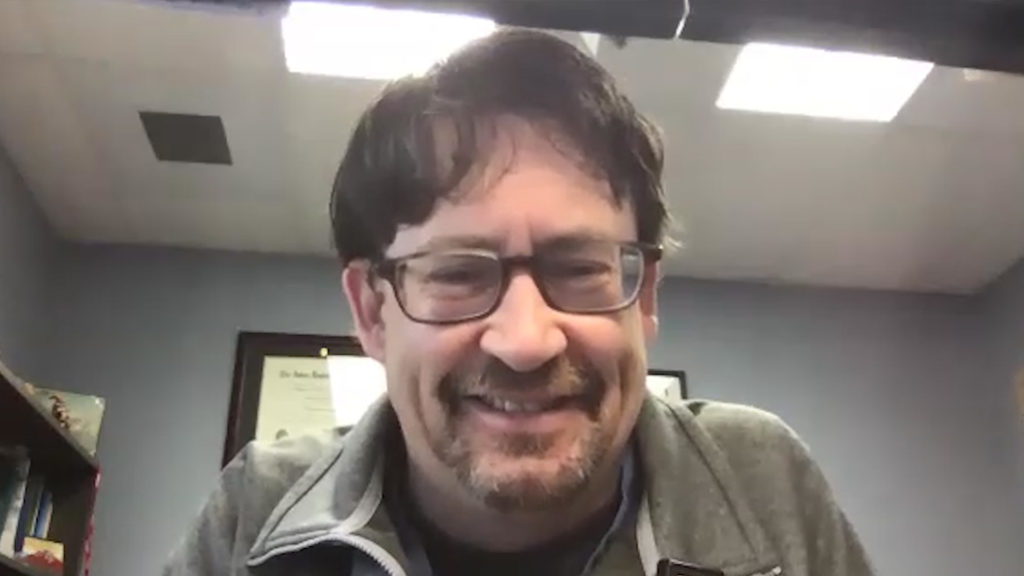I work in a semi-rural practice in South-West Scotland, in one of three practices based in a purpose-built medical centre. As with most NHS general practices we are furnished with relatively outdated computer hardware and old software. Our practice, however, does have the luxury of double monitors allowing access to our EMIS patient data on one monitor, and access to documents related to the patient on the other. Prior to the coronavirus pandemic, the three practices’ doctors regularly made an effort to meet up for coffee at the end of morning surgeries to have a general chat ranging from the local hospital to Donald Trump! (We are not far from Trump Turnberry). The clinical staff in the surgery would also meet to review the previous day’s reports from accident and emergency (A&E) and out-of-hours (OOH).
Then came the pandemic. Initially, clinical and practice management members of the three practices met twice daily with suitable social distancing in a large meeting room to discuss the implications upon the health centre. Patient footfall was limited and a designated ‘protected’ examination room with readily available personal protective equipment (PPE) was set up.
Within days, the situation improved with an injection of funding for more advanced IT support, both hardware and software. We were quickly set up with Microsoft Teams, initially using our own smartphones, but soon received good-quality webcams and headphones. We were then able to have daily group meetings using Microsoft Teams, allowing links within our own surgery to discuss the A&E and OOH reports, links with the three practices to discuss input from the Health Board COVID-19 command groups, and also links with the clinical management within the Health Board and the cluster to discuss matters such as setting up a local COVID assessment centre. Now we are able to socially distance in the working environment, but still communicate as groups.
We also had two GPs who were required to shield. They were furnished with good-quality laptops and access to EMIS and Docman, allowing them to work from home; at the same, time we all were loaned suitable laptops in case we had to self-isolate at short notice. Meanwhile, we moved towards telephone consultations and only very rarely had face-to-face meetings with patients. Initially, consultations were conducted in a protected examination room, and any other practice treatments or nursing activities were limited and were carried out with suitable PPE. At this time, we were very impressed with the patients’ understanding of the restrictions on what we could do. This was combined with a mixture of fear for their own safety and their understanding of the risk to others and health-centre staff. Later, a COVID Assessment Centre was set up locally to reduce the need to see any potentially infected patient in the health centre.
We have subsequently been set-up with the ‘NHS Attend Anywhere’ software, allowing video consultations. This is not without some problems: the patient is required to have access to either a smartphone or computer with a camera, as well as enough understanding to access the correct URL and to work the software to place themselves in a virtual waiting room. We also have other, perhaps simpler, options to view skin lesions, rashes, etc., which include asking the patient to send images to our email addresses; but again, this requires access to a smartphone. It is beginning to work but does not cover all consultations by any means. In addition, older patients who struggle to understand such approaches may currently not have access to their children or grandchildren to help, something that may change with the relaxation of lockdown guidelines. We are still selectively inviting a few patients into the surgery, again excluding any COVID symptoms, and ensuring we wear suitable PPE during the consultation.
Home visits have diminished considerably and I am impressed with the understanding of our patients in this regard. Where necessary, it is quite challenging to get out of a car, and apply the necessary PPE in inclement weather. It is even more challenging to take off the apron on a windy day and stop it blowing back in your face, to de-glove and mask and discard clinical waste and to wipe down the car interior.
We are over 11 weeks into the lockdown, and with the ease in restrictions, we are beginning to see an increase in demand which is likely to get worse. People are starting to telephone with non-urgent, long-term problems and we have to explain the restrictions: the routine clinics are not open and we all need to be patient in the current crisis. The demand upon us is definitely increasing and is likely to get worse. We receive queries regarding why we are not doing B12 injections, depot contraception, when will we reinstate chronic disease reviews, check blood pressure, do routine blood tests, and more.
We are very fortunate here that the health board have set up a ‘psychology hub’ that we can refer patients to, both young and old, who are struggling with the anxiety induced by fear of the pandemic. It is likely that many other practices do not have access to this, and the mental-health impact of this crisis is becoming more apparent each day.
While we hold our breath about what will happen after the lockdown is eased, it is clear that open access to GP surgeries is a long way off. We are likely to need to continue to wear some level of PPE for many months to come for all consultations, and increased use of telemedicine, either with transmitted mobile phone images or Attend Anywhere, or equivalent, is going to become more standard as a consultation method in the long-term. However, this is not without risk, we GPs are coming to terms with the fact that we are having to make significant clinical judgement without all the facts, and that comes with a very significant risk that we might get it wrong. At the moment, we are said to be reassured that we have local and national governmental indemnity support, but as the pandemic’s effect continues, this may give more GPs more sleepless nights.
The future of general practice is definitely going to change. The pandemic crisis has significantly hastened the use of more advanced IT within the NHS and is likely to increase the use of more remote methodology to consult with patients and it is very unlikely that we will ever be able to return to the older world of a few month ago ever again.
Author Profile:
Howard Christley has been working as a GP in rural mid Wales and semi-rural Scotland for the last 15 years. Prior to that he had spent almost 20 years involved in drug development, but has enjoyed being able to get back into clinical practice as both a GP partner and as a salaried GP.
Disclosure: Howard Christley has no financial or non-financial relationships or activities to declare in relation to this article.
Support: Commissioned, edited and supported by Touch Medical Media.
Published: 15 June 2020

